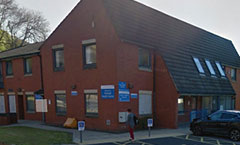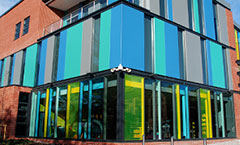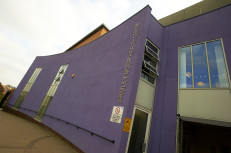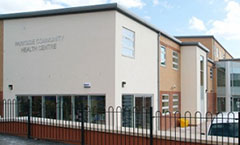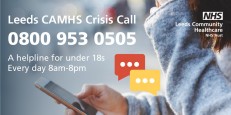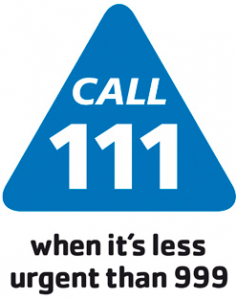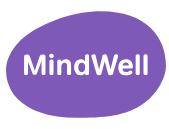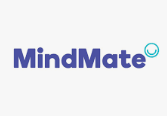Firstly the doctors and nurses will make sure you are physically well. Then you will be seen by somebody from the Child and Young People's Mental Health Service (often referred to as CYPMHS) who will talk to you about how you are feeling and why you think you self-harmed. This is a routine assessment which all young people who have self-harmed are offered.
The CYPMHS service offers assessment, treatment and support to young people experiencing problems like self harm and their families. CYPMHS has workers from many professional backgrounds, so depending who is on duty, you may get to see a psychologist, a social worker, a nurse, a therapist or a psychiatrist. It just depends whose duty day it is. If you already have a worker in CYPMHS, we will try to contact your worker before meeting with you. It is unlikely that your usual worker will come and see you in hospital but we would usually try and arrange for any follow-up to be with your usual worker. If you have a social worker, we will also try and speak first with them. However, we do not contact your school unless we have your permission.
There are two parts to the assessment.
The first part of the assessment: This happens in hospital. There we will talk with you and this involves asking lots of questions. In most cases, you will be able to go home afterwards. Very occasionally, this may not be possible but we will explain the reasons why to you. Hospital staff will sort out for your parent(s) or carer(s) to attend the CYPMHS assessment. If this is not possible, an older brother, sister or family friend may be with you. If you do not live at home, your social worker or another responsible adult can come instead. Part of the assessment is with you on your own, as many young people find it easier to talk more freely without carers present. Most of this can be kept confidential. We will however explain when this promise of confidentiality cannot be kept. We hope that the assessment helps you and your family to understand why you hurt yourself, as this is the starting point to make changes and to find alternative ways of coping.
The second part of the assessment: We will arrange to meet up with you again in about two weeks time. If everything has settled by then, we may not arrange further work after this visit. We send a letter to your GP summarising the key points which have come up during the assessment. We will discuss with you whether you, and/ or your family, would like a copy of this letter and we can arrange for it to be sent to any address that you prefer.
If you have any questions about the assessment, please ask the named nurse who has been looking after you whilst you have been in hospital.



